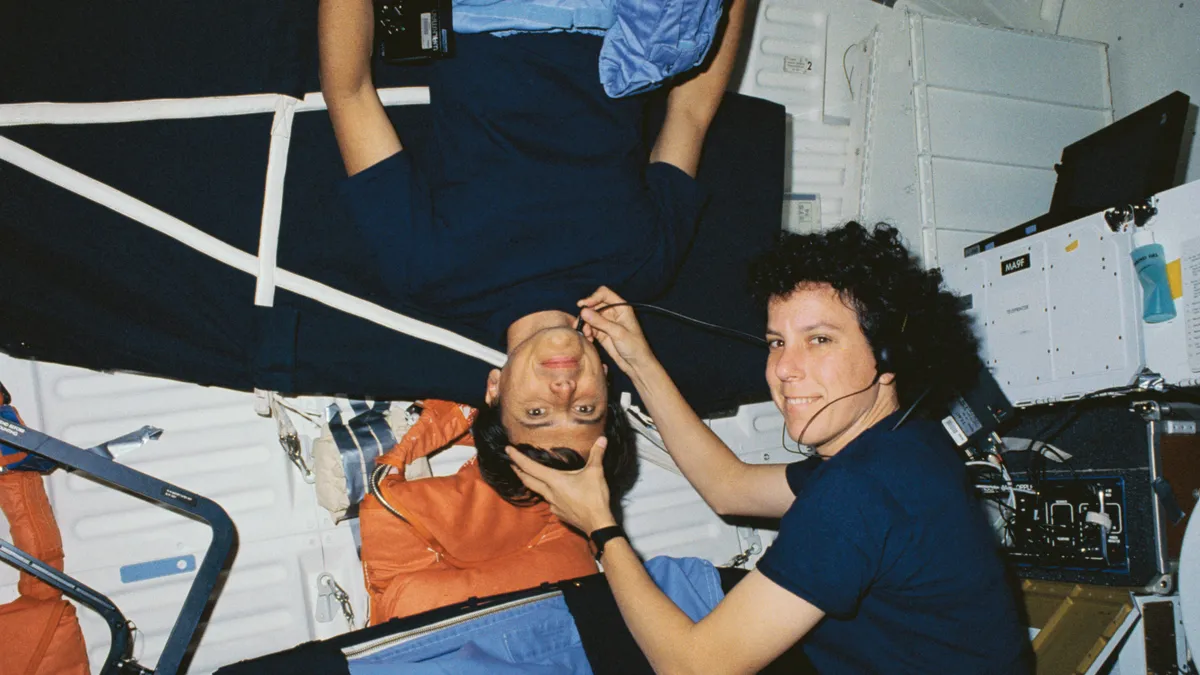Dive Brief:
- Virtual Incision is set to send a miniaturized robot-assisted surgery platform into space in 2024 to evaluate its ability to perform activities such as cutting simulated tissue and manipulating small objects.
- Using a grant from NASA, the company will perform a technology demonstration mission on the International Space Station (ISS). The robot, MIRA, will perform its tasks inside an experiment locker the size of a microwave oven.
- Virtual Incision is working to bring the product to market on earth, where it envisages making robot-assisted surgery viable in more operating rooms, and as an aid for long-duration space travel.
Dive Insight:
The current leading robot-assisted surgery platforms are large. Intuitive Surgical’s da Vinci SP stands 2 meters (6 feet, 8 inches) tall and features a 1,800-pound robot patient cart. When traveling to and working in the ISS, space is at a premium and every pound adds to costs, making smaller, lighter systems more viable than the current leading platforms.
NASA has identified MIRA as a platform that may be suitable for use in space. Weighing 2 pounds, it has a self-contained surgical device that is inserted through a single midline umbilical incision in the patient’s abdomen. The approach differs from traditional robots that reach into the body from outside of the patient.
Physicians at Bryan Medical Center used the technology on a patient for the first time last year, performing a right hemicolectomy procedure as part of a clinical trial intended to support authorization in the U.S. Virtual Incision envisions the device expanding access to minimally invasive colorectal and lower gastrointestinal procedures by enabling sites without the space or money to set up large machines to add capacity for robotic surgery.
The studies on the ISS could open up a new frontier for the use of MIRA.
“NASA has ambitious plans for long-duration space travel, and it’s important to test the capabilities of technology that may be beneficial during missions measured in months and years,” Shane Farritor, co-founder and chief technology officer at Virtual Incision, said in a statement.










